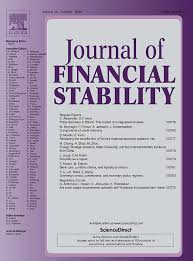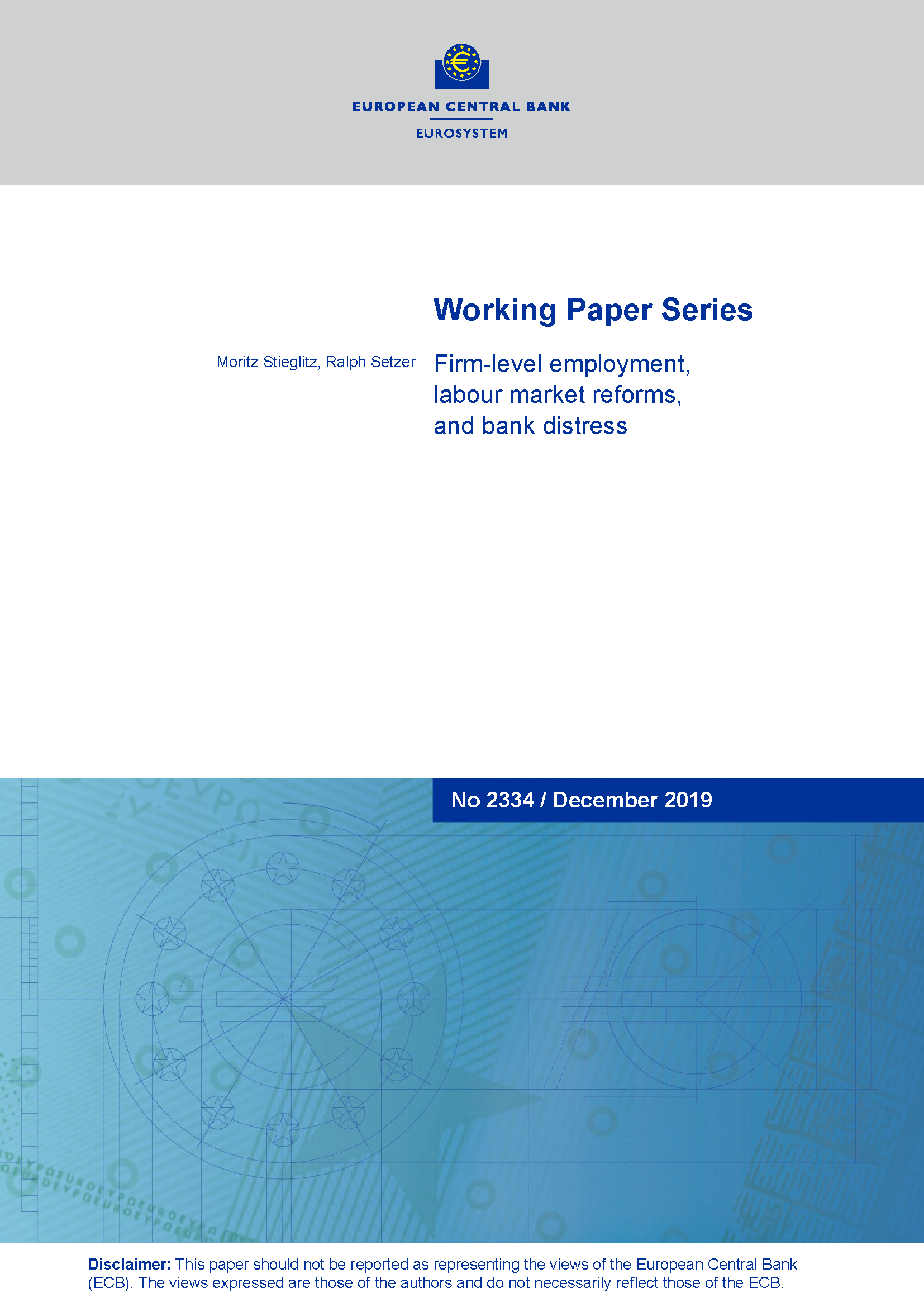Dr. Eleonora Sfrappini

Aktuelle Position
seit 8/24
Junior Research Affiliate
Leibniz-Institut für Wirtschaftsforschung Halle (IWH)
seit 8/24
Dozentin für Finance
University of St Andrews Business School
Forschungsschwerpunkte
- Finanzmarktregulation
- internationale Tätigkeiten von Banken
- ökologische Makroökonomie
- International Banking Library
Eleonora Sfrappini ist seit August 2024 Junior Research Affiliate am IWH. Sie erforscht die Finanzierung des Klimaschutzes, Finanzmarktregulation und Banken.
Eleonora Sfrappini studierte an der Freien Universität Bozen sowie der Julius-Maximilians-Universität Würzburg und verbrachte ein Auslandssemester an der Özyeğin University in der Türkei. 2021 ist sie mit dem renommierten Lamfalussy Forschungsstipendium der Europäischen Zentralbank ausgezeichnet worden. Sie promovierte an der Otto-von-Guericke-Universität Magdeburg und unterrichtet nun an der University of St Andrews Business School.







